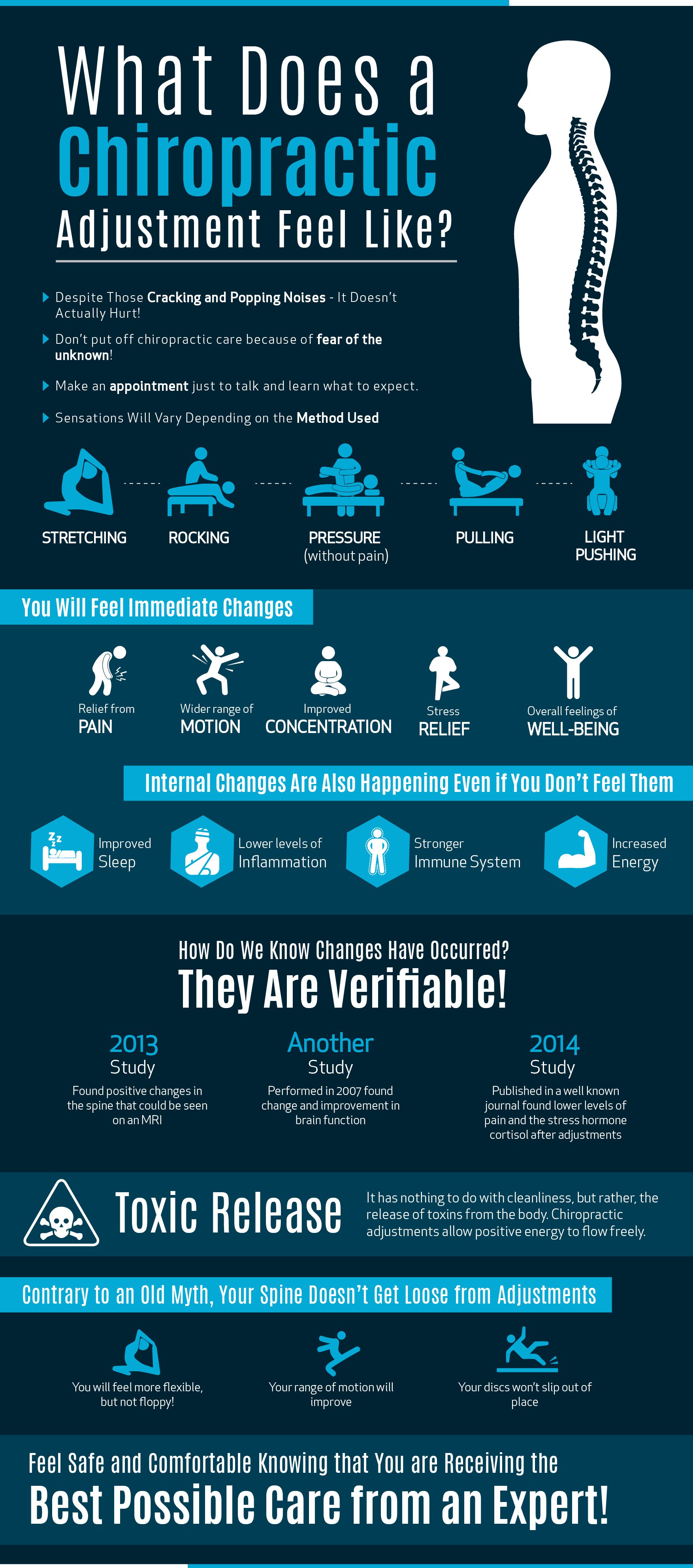Do Acupuncture Details Truly Exist? An Exploration Of Meridian Theory
Do Acupuncture Details Truly Exist? An Exploration Of Meridian Theory
Blog Article
Composed By-Fallon Lassiter
You could be wondering about the presence of acupuncture points and their role in typical Chinese medication. These points, linked to meridian theory, suggest an unique system of energy circulation in the body. While lower back pain when lying down lay a structure, modern-day science uses new understandings right into their significance. Are these ancient principles compatible with modern understanding? The solution could shock you as we explore the crossway of practice and modern research.
The Historical Origins of Acupuncture and Meridian Concept
Acupuncture, with its elaborate network of meridians, has deep historic origins that trace back hundreds of years in ancient China.
You'll discover that very early texts, like the Huangdi Neijing, laid the structure for understanding how power streams through the body. These works presented the concept of Qi, the vital energy that distributes along the meridians.
As you explore this old method, you'll find exactly how specialists identified details indicate affect wellness and equilibrium.
Over centuries, acupuncture progressed, incorporating different techniques and viewpoints, yet it continued to be deeply linked to its origins.
Scientific Viewpoints on Acupuncture Points
While many individuals still watch acupuncture as an ancient art rooted in practice, scientific research has significantly clarified the physical devices behind acupuncture factors.
Researches suggest these factors might correspond to areas rich in nerve endings, capillary, and connective cells. When needles stimulate these points, they can set off biochemical reactions, such as the release of endorphins and various other neurotransmitters, which help relieve pain and promote healing.
Imaging methods like practical MRI have actually shown changes in brain activity associated with acupuncture, sustaining its efficacy.
While hesitation remains, growing proof indicate a prospective organic basis for acupuncture, welcoming more expedition into just how these old methods can align with modern clinical understanding.
Incorporating Ancient Practices With Modern Medicine
As even more healthcare providers acknowledge the worth of all natural approaches, integrating old techniques like acupuncture with modern-day medication is ending up being increasingly relevant.
You may find that integrating these approaches can improve patient care, using a more comprehensive therapy strategy. By recognizing the advantages of acupuncture-- such as pain relief and anxiety reduction-- you're not just dealing with physical signs but additionally promoting total wellness.
This integration permits you to tailor treatments to individual requirements, bridging the gap in between standard wisdom and modern medical practices. Teaming up with acupuncturists can additionally increase your expertise and supply your people with a broader series of options.
Ultimately, embracing this fusion can result in better health and wellness results and a more balanced method to recovery.
Final thought
In conclusion, acupuncture factors may not fit neatly right into modern-day clinical paradigms, yet their historic importance and emerging scientific support suggest they hold worth. By discovering the intersection of ancient techniques and modern research, you can appreciate exactly how these points might affect health and wellness. Whether you're a skeptic or a believer, recognizing meridian theory unlocks to brand-new viewpoints on wellness and recovery, welcoming you to think about the prospective benefits of acupuncture in your very own life.
